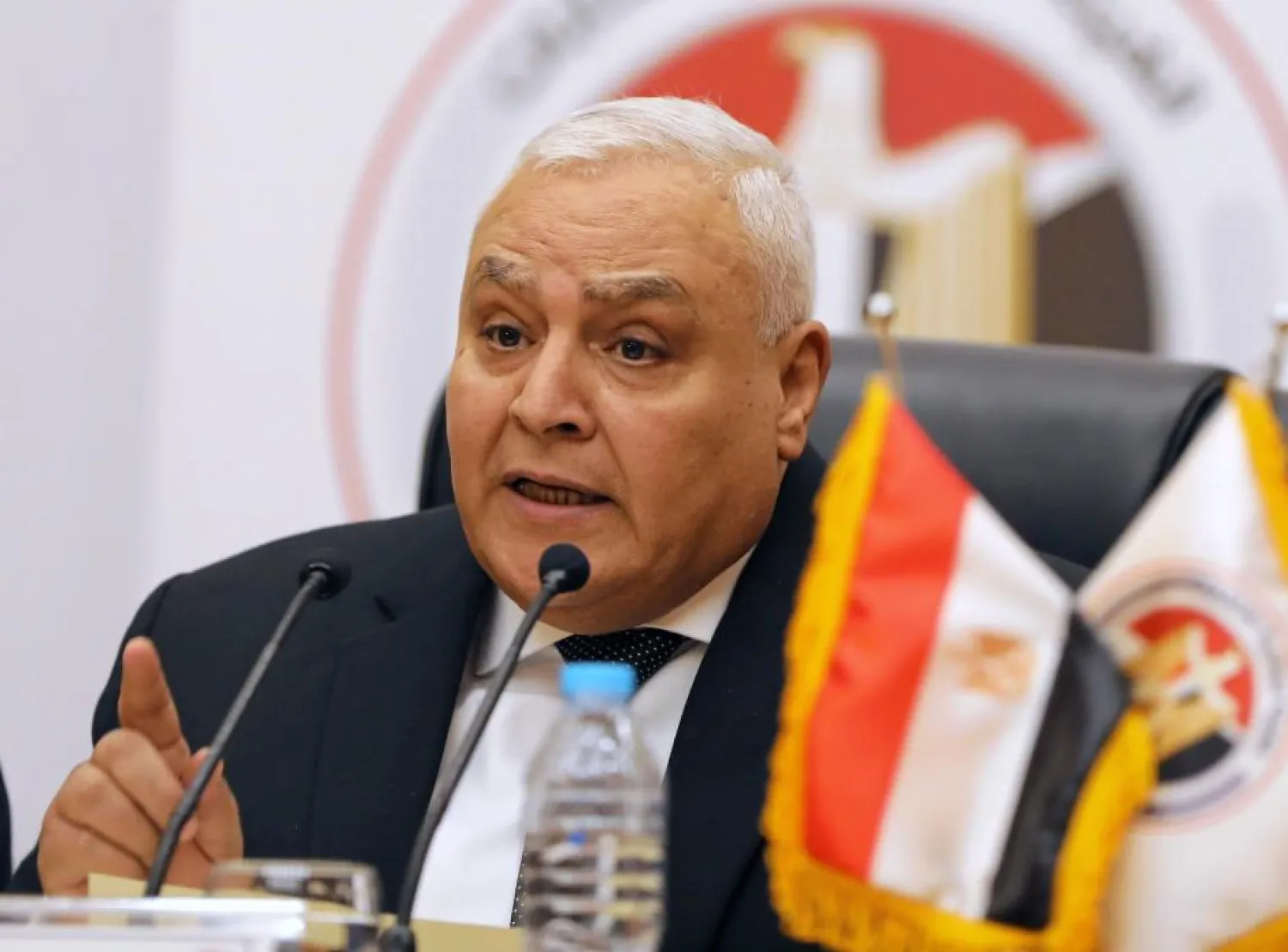Egypt’s National Electoral Commission announced on Monday the final and biding timetable of the 2018 presidential elections, which will take place in March.
The authorities will start receiving candidacy applications as of January 20 and for a period of ten days.
According to the Egyptian Constitution, “candidates for the Presidency of the Republic shall be required to be nominated by at least twenty members of the House of Representatives or to be supported by at least 25 thousand citizens who have the right to vote in at least fifteen governorates and at least a thousand supporters in each governorate.”
The head of the Electoral Commission, Lasheen Ibrahim, said during a press conference that Egyptians residing in Egypt are invited to cast their vote during a period of three days, on March 26, 27 and 28, while Egyptians living abroad will vote on March 16, 17 and 18.
The results of the first round will be announced by April 2, while the final results will be declared on the first of May.
President Abdul Fattah al-Sisi has not explicitly expressed his intention to run for a second term in the elections. He is expected to present this month what he described as a “statement of account” on his first term’s achievements.
A campaign led by parliamentarians in December said it had collected “12 million signatures from citizens supporting Sisi’s candidacy for another term.”
Human rights defender Khaled Ali and former MP Anwar Sadat announced their plans to run for president.
On the other hand, Former Prime Minister Ahmed Shafiq said on Sunday that he was no longer running for the presidency, because he was not the “best to lead the country”.
The 2014 elections resulted in Sisi achieving victory with 23.7 million votes (96.9 percent of valid votes), while Hamdin Sabbahi won 750,000 votes (3.1 percent of voters).









